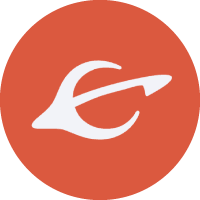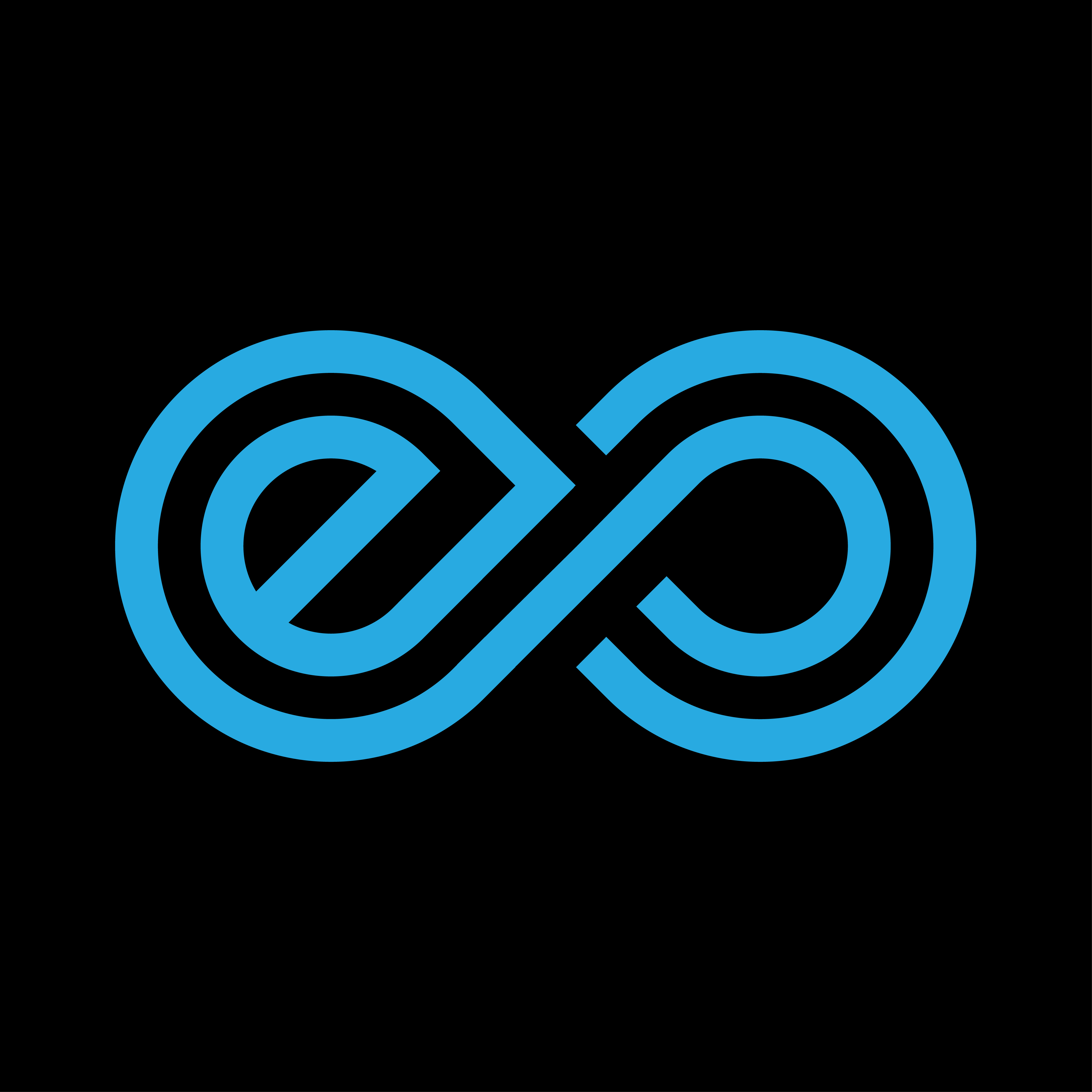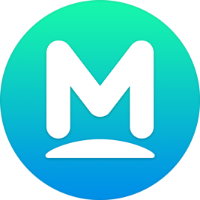


Giá DAO MakerDAO
Chuyển đổi DAO sang VND
Bạn cảm thấy thế nào về DAO Maker hôm nay?
Về DAO Maker (DAO)
DAO Maker là gì?
DAO Maker là một nền tảng phi tập trung trong lĩnh vực tiền điện tử và blockchain, đóng vai trò là vườn ươm cung cấp các công cụ và dịch vụ cho các công ty khởi nghiệp tiền điện tử giai đoạn đầu. Nó nổi tiếng với DAO Launchpad, sản phẩm chính cho phép chủ sở hữu token DAO đầu tư vào các dự án trong tương lai, đóng vai trò là cầu nối giữa các dự án đổi mới và các nhà đầu tư tiềm năng. Nền tảng này là công cụ khởi xướng các dự án đáng chú ý như My Neighbor Alice, Orion Protocol, Seascape Network và Infinity Pad. DAO Maker không chỉ tập trung vào các dự án mà nó ươm tạo mà còn đề cao các dự án đã vượt qua quá trình kiểm tra sàng lọc tỉ mỉ, đảm bảo rằng các nhà đầu tư có quyền truy cập vào các dự án tiền điện tử đáng tin cậy, chất lượng cao.
Được thành lập bởi Christoph Zaknun và Giorgio Marciano, với Zaknun là Giám đốc điều hành và Marciano là CTO, DAO Maker đặt mục tiêu dân chủ hóa khả năng tiếp cận vốn mạo hiểm, mở rộng nó tới các nhà đầu tư bán lẻ toàn cầu, hầu hết trong số họ có truyền thống có nguồn lực hạn chế. Bằng cách trao quyền cho mọi người để xây dựng vốn của họ một cách an toàn, DAO Maker đang nâng cao mức sống cho hàng triệu người và tạo ra nguồn tài trợ mới cho đổi mới toàn cầu. Nền tảng này được xây dựng với trọng tâm là xây dựng và gắn kết cộng đồng, tin rằng sự thành công của các dự án blockchain phụ thuộc vào các cộng đồng mạnh mẽ, sôi động, tích cực tham gia vào sự phát triển và tăng trưởng của dự án.
Tài nguyên
Trang web chính thức: https://daomaker.com/
DAO Maker hoạt động như thế nào?
DAO Maker hoạt động bằng cách cho phép người dùng tận dụng quyền sở hữu của họ thông qua các dịch vụ khác nhau như Ưu đãi dành cho người nắm giữ mạnh (SHO), bán hàng SEED và Ưu đãi tiền xu động (DYCO). Người dùng tham gia bán hàng và chỉ định Sức mạnh DAO của họ cho họ, tăng cơ hội nhận được phần thưởng phân bổ. DAO Maker phân loại người dùng thành các đợt khác nhau dựa trên số lượng DAO đã chi tiêu và mỗi đợt mang lại cơ hội chiến thắng cao hơn. Sản phẩm hàng đầu của nền tảng, DAO Launchpad, cung cấp các dịch vụ token thông qua SHO và DYCO riêng tư và công khai, yêu cầu người dùng đặt cược DAO vào kho tiền của nền tảng để tham gia vào các dịch vụ này.
DAO Maker cũng giới thiệu các sản phẩm sáng tạo như Trái phiếu mạo hiểm, mở rộng lĩnh vực tham gia bán lẻ vào các công ty khởi nghiệp tiền điện tử. Sản phẩm này cung cấp trái phiếu từ các công ty khởi nghiệp tiền điện tử và triển khai quỹ DAO Maker đến các thị trường cho vay được thế chấp quá mức để kiếm tiền lãi, sau đó được chuyển đổi thành vốn và phân phối cho các công ty khởi nghiệp để tạo điều kiện tăng trưởng và phát triển. Tiêu chí lựa chọn nghiêm ngặt của nền tảng đảm bảo rằng chỉ những dự án blockchain chất lượng cao nhất mới được chọn để khởi chạy trên DAO Pad của nó, cung cấp phân bổ tương đối cao cho những người chiến thắng trong IDO của nó và cung cấp đầy đủ các dịch vụ cho các dự án được lưu trữ ngoài việc khởi chạy token để tăng cơ hội thành công.
Token DAO là gì?
Token DAO là token tiện ích gốc của DAO Maker. Nó đóng vai trò là phương tiện chính cho các giao dịch và là động lực khuyến khích người dùng tham gia. DAO được phân phối giữa những người dùng như một phần thưởng khi tham gia vào các hoạt động như đặt cược, cung cấp thanh khoản, tham gia quản trị và khởi động dự án. Token DAO cũng đóng vai trò là token quản trị của nền tảng, cho phép người dùng nắm giữ token bỏ phiếu cho các thay đổi đối với hệ sinh thái DAO Maker và cấp cho người dùng quyền truy cập vào các tính năng độc quyền trên nền tảng, bao gồm giảm giá và phần thưởng. Với tổng nguồn cung giới hạn là 312 triệu, con số này không tăng cao và phần thưởng do mỗi kho lợi nhuận cung cấp sẽ được các đối tác của hệ sinh thái DAO Maker tổng hợp lại.
Tác động của DAO Maker đến tài chính
DAO Maker đang định hình lại bối cảnh tài chính bằng cách cung cấp cách tiếp cận phi tập trung, hướng đến cộng đồng để gây quỹ và phát triển dự án trong blockchain. Nó đang dân chủ hóa khả năng tiếp cận vốn mạo hiểm, cho phép các nhà đầu tư bán lẻ trên toàn cầu đầu tư vào các dự án tiền điện tử chất lượng cao một cách an toàn. Bằng cách tập trung vào việc xây dựng cộng đồng và cung cấp nhiều công cụ quản lý cộng đồng như khai thác xã hội, chương trình khách hàng thân thiết và trò chơi điện tử, DAO Maker đang đảm bảo sự phát triển và thành công của các công ty khởi nghiệp tiền điện tử non trẻ. Nền tảng nhấn mạnh vào phân cấp và trao quyền cho người dùng phù hợp với cơ sở của phong trào DeFi, loại bỏ việc tập trung hóa các hoạt động tiền điện tử và cung cấp cho người dùng nhiều quyền lực hơn trong việc đưa ra các lựa chọn tài chính.
Điều gì quyết định giá của DAO Maker?
Giá của DAO Maker, giống như các loại tiền điện tử khác, bị ảnh hưởng bởi vô số yếu tố, khiến việc dự đoán giá chính xác trở thành một nỗ lực phức tạp. Xu hướng, tin tức và phân tích thị trường tiền điện tử đóng vai trò then chốt trong việc xác định giá của DAO Maker. Tin tức về tiền điện tử thường chứa các thông báo, sự phát triển về quy định và các sự kiện khác có thể tác động đáng kể đến thị trường tiền điện tử và giá token riêng lẻ. Ví dụ: tin tức tích cực về những tiến bộ hoặc quan hệ đối tác của DAO Maker có thể dẫn đến nhu cầu tăng lên, đẩy giá lên cao, trong khi tin tức bất lợi hoặc quy định về tiền điện tử có thể có tác động ngược lại.
Những người đam mê tiền điện tử và các chuyên gia thường chuyển sang phân tích và biểu đồ tiền điện tử để đánh giá biến động tiềm năng về giá của DAO Maker. Biểu đồ tiền điện tử và phân tích thị trường tiền điện tử cung cấp thông tin chi tiết về xu hướng thị trường, cho phép cả người mới bắt đầu và chuyên gia đưa ra quyết định sáng suốt về nơi mua tiền điện tử và tối ưu hóa việc quản lý danh mục đầu tư tiền điện tử của họ. Giá của DAO Maker cũng chịu sự biến động của thị trường tiền điện tử, có thể bị ảnh hưởng bởi các biến động của thị trường tiền điện tử nói chung, những thay đổi trong việc áp dụng tiền điện tử và những thay đổi trong xu hướng tiền điện tử. Các nhà đầu tư tiềm năng muốn mua DAO Maker có thể làm như vậy trên các sàn giao dịch hàng đầu như Bitget, nơi họ có thể phân tích các chiến lược giao dịch tiền điện tử và đánh giá xem DAO Maker có phải là khoản đầu tư tiền điện tử tốt nhất cho năm 2023 và xa hơn hay không.
Báo cáo phân tích AI về DAO Maker
Giá DAO Maker tính bằng VND hôm nay
Lịch sử giá DAO Maker (VND)
 Giá thấp nhất
Giá thấp nhất Giá cao nhất
Giá cao nhất 
Giá cao nhất của DAO Maker là bao nhiêu?
Giá thấp nhất của DAO Maker là bao nhiêu?
Dự đoán giá DAO Maker
Giá của DAO vào năm 2026 sẽ là bao nhiêu?
Giá của DAO vào năm 2031 sẽ là bao nhiêu?
Câu Hỏi Thường Gặp
DAO Maker (DAO) có phải là một khoản đầu tư tốt không?
Dự đoán giá DAO Maker?
Token DAO được sử dụng trong trường hợp nào?
Làm cách nào để stake token DAO?
Tokenomic của DAO Maker là gì?
Đối tác của DAO Maker là ai?
Giá hiện tại của DAO Maker là bao nhiêu?
Khối lượng giao dịch 24 giờ của DAO Maker là bao nhiêu?
Giá cao nhất mọi thời đại của DAO Maker là bao nhiêu?
Liệu tôi có thể mua DAO Maker trên Bitget?
Tôi có thể nhận được thu nhập ổn định khi đầu tư vào DAO Maker không?
Tôi có thể mua DAO Maker ở đâu với mức phí thấp nhất?
Tin tức về DAO Maker
Cập nhật DAO Maker
Thị trường DAO Maker
DAO Maker nắm giữ
Ma trận phân phối nắm giữ DAO Maker
DAO Maker nắm giữ theo mức độ tập trung
Địa chỉ DAO Maker theo thời gian nắm giữ

Giá DAO Maker toàn cầu
- 1
- 2
- 3
- 4
- 5
Hướng dẫn mua DAO Maker(DAO)

Tạo tài khoản Bitget miễn phí

Xác minh tài khoản của bạn

Chuyển đổi DAO Maker sang DAO
Tham gia giao dịch sao chép DAO bằng cách theo dõi elite trader.
Niêm yết mới trên Bitget
Mua thêm
Tôi có thể mua DAO Maker (DAO) ở đâu?
Mục video — xác minh nhanh, giao dịch nhanh

Chuyển đổi DAO sang VND
Xếp hạng DAO Maker
Bitget Insights

Tài sản liên quan
Thông tin bổ sung về DAO Maker
Tổng quan coin
Liên quan đến coin
Liên quan đến giao dịch
Giao dịch
Earn
DAO/USDT
Spot





























.png)



Dữ liệu mạng xã hội DAO Maker
Trong 24 giờ qua, điểm tâm lý mạng xã hội của DAO Maker là 3.3 và tâm lý mạng xã hội đối với xu hướng giá DAO Maker là Tăng giá. Điểm mạng xã hội tổng thể của DAO Maker là 576, xếp hạng 191 trong số tất cả các loại tiền điện tử.
Theo LunarCrush, trong 24 giờ qua, tiền điện tử được đề cập trên các mạng xã hội tổng cộng 1,058,120 lần, trong đó DAO Maker được đề cập với tỷ lệ tần suất là 0.01%, xếp hạng 312 trong số tất cả các loại tiền điện tử.
Trong 24 giờ qua, có tổng cộng 287 người dùng duy nhất thảo luận về DAO Maker, với tổng số lượt đề cập đến DAO Maker là 58. Tuy nhiên, so với 24 giờ trước đó, số lượng người dùng duy nhất đã giảm 9% và tổng số lượt đề cập đã giảm 25%.
Trên X, có tổng cộng 4 bài đăng đề cập đến DAO Maker trong 24 giờ qua. Trong số đó, 50% cho rằng DAO Maker sẽ tăng giá, 25% cho rằng DAO Maker sẽ giảm giá và 25% tỏ ra trung lập đối với DAO Maker.
Trên Reddit, đã có 2 bài đăng đề cập đến DAO Maker trong 24 giờ qua. So với 24 giờ trước đó, số lượt đề cập đã giảm 60%.
Tất cả tổng quan xã hội
3.3